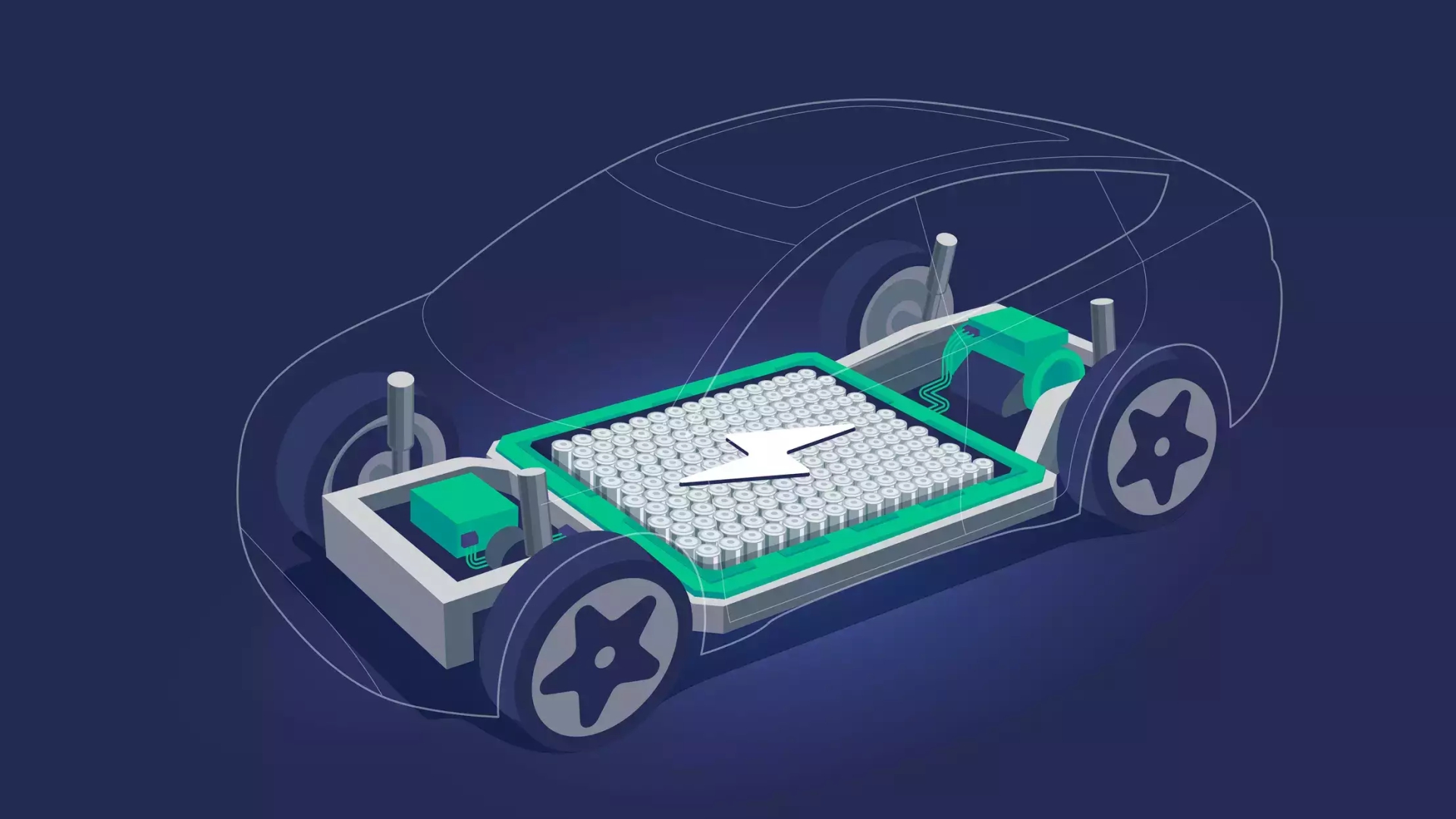Source : PTI | Quad Investors Network on Tuesday announced its collaboration with India-based battery materials company Epsilon Advanced Materials, which recently decided to build a USD 650 million battery materials and components plant in North Carolina.
The deal represents the first and largest investment ever made by an Indian company into the US electric battery industry and is expected to create 500 jobs in North Carolina, a press release said.
“This investment promotes cooperation among Quad countries in securing the global supply chain for critical minerals. We are excited to have collaborated with them in this significant achievement and look forward to their success,” said Karl Mehta, Chairman of the Quad Investors Network (QUIN).
“Epsilon Advanced Materials’ investment is a demonstration of our mission at the Quad Investors Network: to facilitate cross-border investments across the Quad nations,” he said.
The QUIN is a network of investors and executives across Quad countries that seeks to foster co-investment in critical technologies.
Vikram Handa, Managing Director of Epsilon Advanced Materials, said QUIN collaboration has been instrumental in realising the company’s vision for a robust and sustainable supply chain of critical minerals in the US.
“Epsilon Advanced Materials looks forward to actively engaging in discussions and initiatives that promote Quad cooperation, deeming such collaboration crucial for advancing the global supply chain of critical minerals and enhancing the Electric Vehicle (EV) industry and broader clean energy sector,” said Handa.
The Mumbai-headquartered company’s investment is essential for the collective advancement of the electric vehicle industry, as well as the broader clean energy sector, the press release said.
The new 1.5-million-square-foot North Carolina facility will produce anodes and synthetic graphite, two components vital to the EV battery supply chain.
The company expects the plant to reach full capacity by 2031, producing 50,000 standard tonnes of anode materials, which could supply up to 1.1 million EVs in the US, according to the press release.











